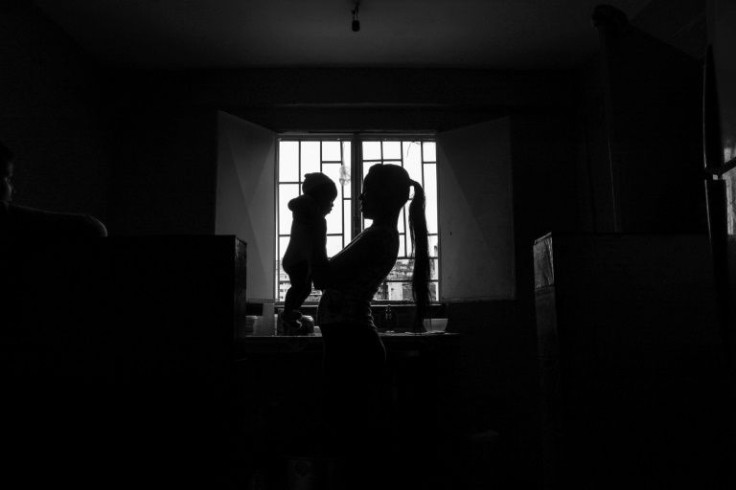Is It Safe To Breastfeed While With COVID-19? Doctors Answer
KEY POINTS
- Breast milk is unlikely to transmit the novel coronavirus to babies
- Breastfeeding may help pass along antibodies that fight the virus
- Mothers diagnosed with COVID-19 should still take precautionary measures
It is unlikely for breastfeeding mothers to transmit COVID-19 to babies, but they should still take specific precautions to ensure the process is safe, according to experts.
While small amounts of the coronavirus have been detected in breastmilk, breastfeeding is still not considered a risk for transmitting the disease, and any potential transmission to a child is far more likely to be caused by close contact, USA Today reported.
"It's super important for patients to know that breastfeeding is very safe," Dr. Joanne Stone, chair of the OBGYN Department at Mount Sinai Hospital in New York, said.
The United States Centers for Disease Control and Prevention (CDC) also maintained "that current evidence suggests breast milk is not likely to spread the virus to babies."
Rather than transmitting COVID-19, breastfeeding may instead help pass along protective antibodies that fight against the virus, as per the American Academy of Pediatrics.
Mothers diagnosed with COVID-19 who plan to breastfeed are urged to follow these steps to make the process safer:
- Wear A Mask
Wearing a mask in close contact with babies will reduce the chances of a COVID-infected person spreading the infection, but the children themselves do not need masks, Stone said.
- Practice Proper Hand Hygiene
Dr. Jordie Triebwasser, a maternal-fetal medicine specialist at the University of Michigan School of Medicine, recommended people wash their hands before holding their baby and after the infant touches their face or mask. Masking and hand hygiene "[are] the two most important things you could do," the doctor noted.
- Keep Everything Clean
Aside from their hands, mothers should also wash their equipment "very meticulously," so they do not "transmit any kind of particles on the surfaces of bottles or nipples or pumps," added Stone.
- Take Advantage Of Caregiving Help If You Can
People should take advantage of any available help around and, if possible, distance themselves from their babies during the period where they are infectious, Stone said.
- Monitor Your Baby For Signs Of COVID-19
Even with all the previously mentioned precautions in place, mothers should still look for coronavirus symptoms in their children, such as fever, coughing, sneezing and diarrhea, according to Dr. Karin Nielsen.
"Any time there's a fever in an infant, it always requires attention, especially if it's a newborn," said Nielsen, a professor of pediatrics in the division of infectious diseases at the University of California, Los Angeles Children’s Hospital.
One more way for mothers to protect their babies is to get vaccinated before or during their pregnancies.
Babies born to mothers who received two doses of an mRNA vaccine while pregnant were 61% less likely to be hospitalized due to COVID-19, according to a study published in the CDC's Morbidity and Mortality Weekly Report.
"On top of the benefit of protecting themselves, they're actually going to protect their babies, which is fascinating and amazing," Dr. Natasha Halasa, a professor in the division of pediatric infectious diseases at Vanderbilt University and one of the authors of the study, said
Additionally, the study found that mothers vaccinated later in pregnancy passed along even more protection than those vaccinated earlier in their pregnancies.
The United States has reported a total of 78,518,045 COVID-19 cases and 936,162 virus-related deaths, according to data provided by the CDC.

© Copyright IBTimes 2024. All rights reserved.





















